By Mavis Akuffobea-Essilfie
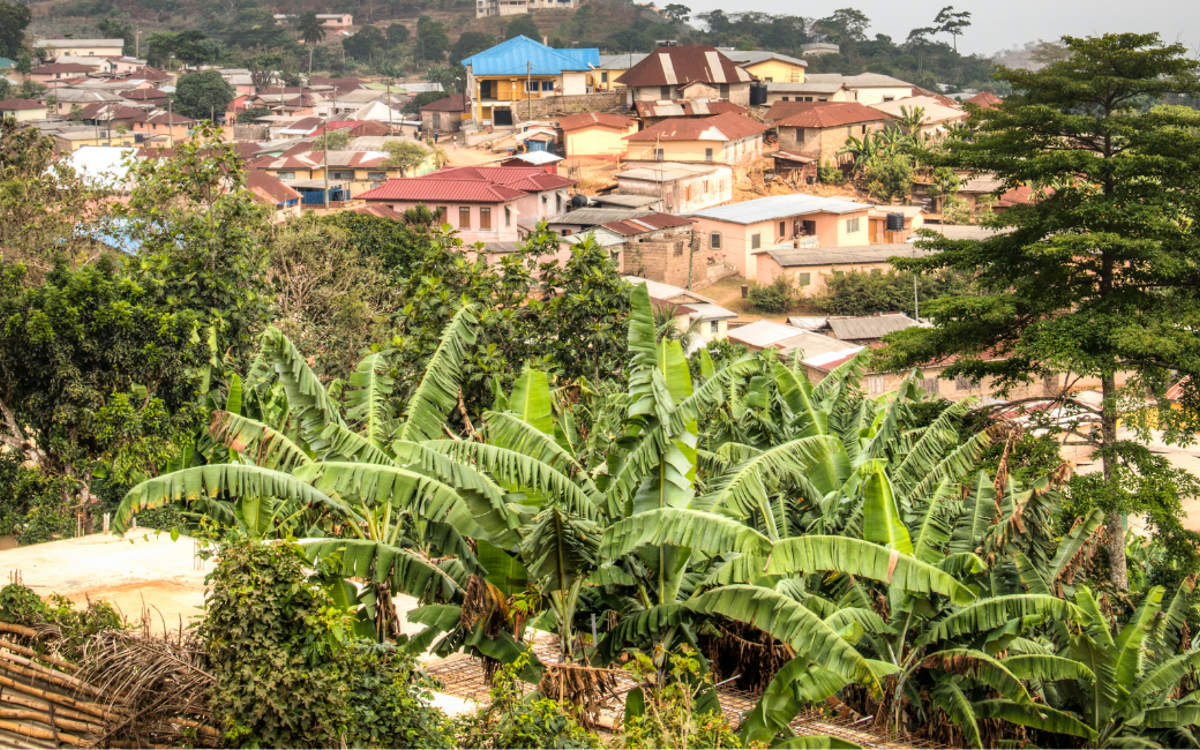
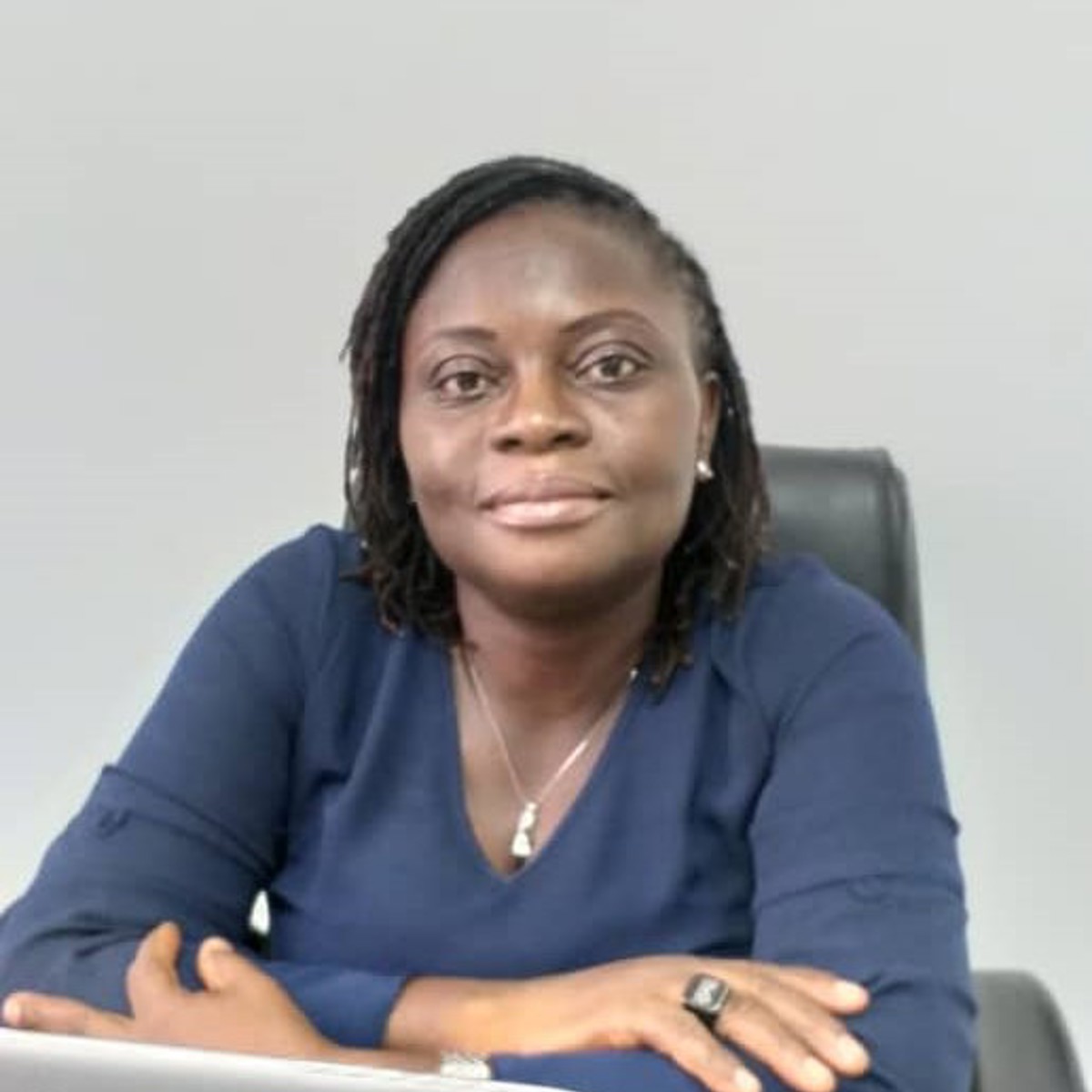
Mrs Mavis Akuffobea-Essilfie
While completing an intensive degree programme in Ghana, Mrs Mavis Akuffobea-Essilfie had the opportunity to visit a rural community for fieldwork. There, she saw women and girls suffering disproportionately from the impacts of climate change, such as the worsening water scarcity that pushed them to travel further distances to collect water from other sources.
These experiences painted a picture of inequality that prompted Mavis to learn more and act. She developed a keen interest in gender and climate research, which led her to apply for the CIRCLE Fellowship programme to investigate just how climate change was putting rural women at greater risk in the Agogo community of Ghana’s Asante Akim North District.
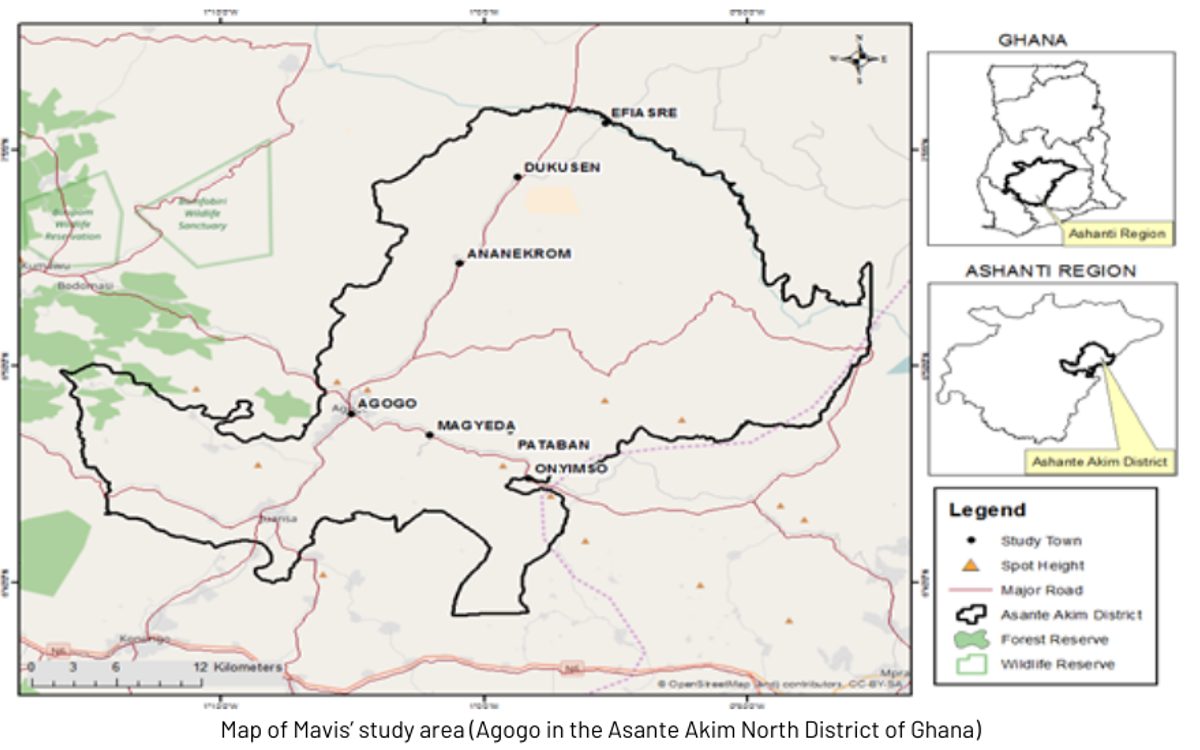
“Research has shown that climate change brings varied stresses on the physical and social environment of poor and vulnerable communities,” Mavis explains. “But it was realised that these impacts are experienced very differently. Despite having a development agenda which includes climate change policies, we don’t have the in-depth analysis of gender-differentiated impacts that would make these policies more effective.”
Around the world, women and girls living in poverty are the most heavily impacted and least able to respond to environmental and economic shocks. And slowly but surely, climate change is deeply entrenching existing gender inequalities.
What Mavis discovered through her CIRCLE research showed that the changing climate was not only lowering living standards for women and girls: it was also robbing them of agency.
“My study found that the perception of climate change was much stronger for men than for their female counterparts,” Mavis describes. “When men return home from farms, they might go to their friends or listen to the radio where they can access more information on climate change, while women are tending to the kitchen and domestic work. Men also had more money to buy phones and access to the internet for information, which women lacked.”
This disparity of access to knowledge on climate change meant that women were less able to understand and respond to it.
There is also the issue of declining agricultural productivity. Rural families were losing income and the products they sold were of increasingly lower quality. Mavis saw that the widespread reduction in families’ living standards was in turn impacting girls’ education. “When you’re not able to pay your fees, you allow the girls to stay at home,” she adds. Kept out of school, the young girls were encouraged to marry instead, while men often had the option of relocating to the city in search for more income.
With financial resources and decision-making power mostly in the hands of men, Mavis found that many of the women she spoke to were ill-equipped to adapt to climate change. Taking stock of what she’d witnessed, Mavis acquired the CIRCLE research uptake fund to hold a workshop which drew community members and local decision-makers together to think about possible solutions.
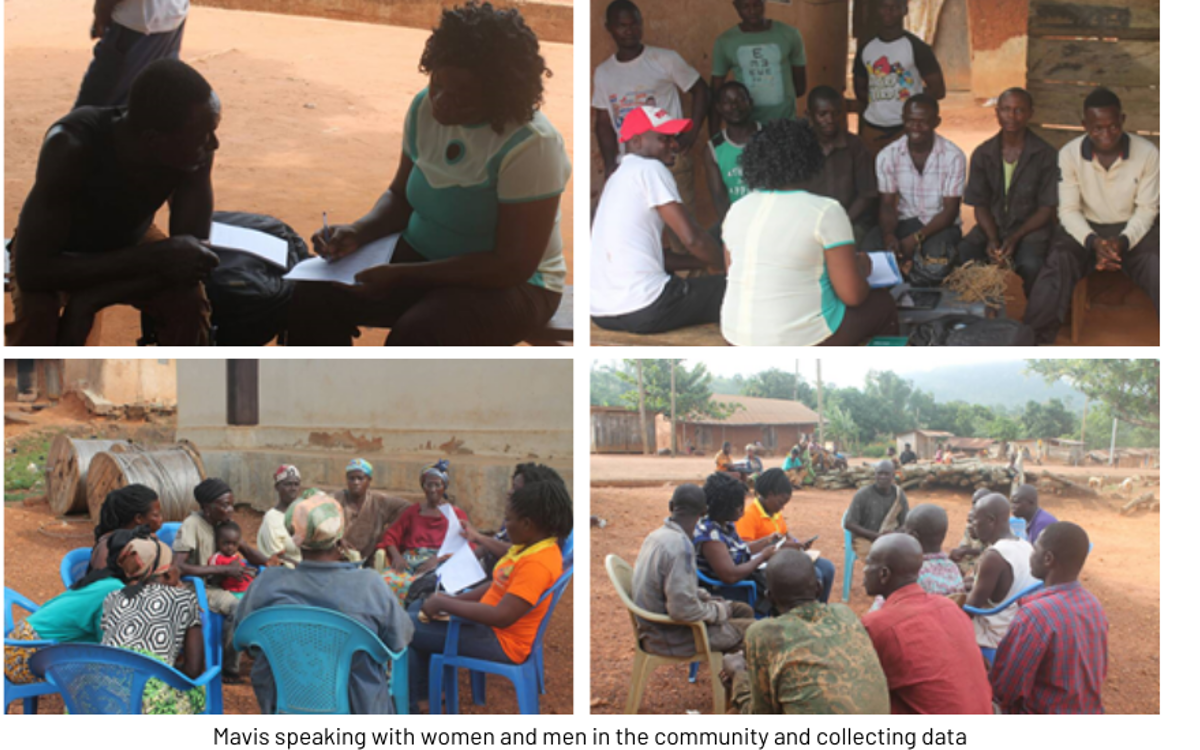
From research to action
“I used the funding to communicate my research findings to the local communities and key executives, stakeholders and politicians in charge of the District,” she describes. “We gathered at the district assembly and I shared the key outcomes of my study.”
Her stakeholder engagement workshop garnered a great deal of positive attention from decision-makers and community members alike. On the one hand, the women she met with were happy that their voices were being heard, and the challenges they experienced were being recognised and shared. On the other, policymakers commented that Mavis’ research sensitised them to the dynamics within the community and showed them the importance of being gender-sensitive when implementing climate-related programmes.
“The District officials realised it was an issue they could really do something about, and that few resources were needed to act,” Mavis recalls. Furthermore, the workshop stimulated their interest in continuing a tree-planting project they had previously initiated as a climate adaptation strategy.
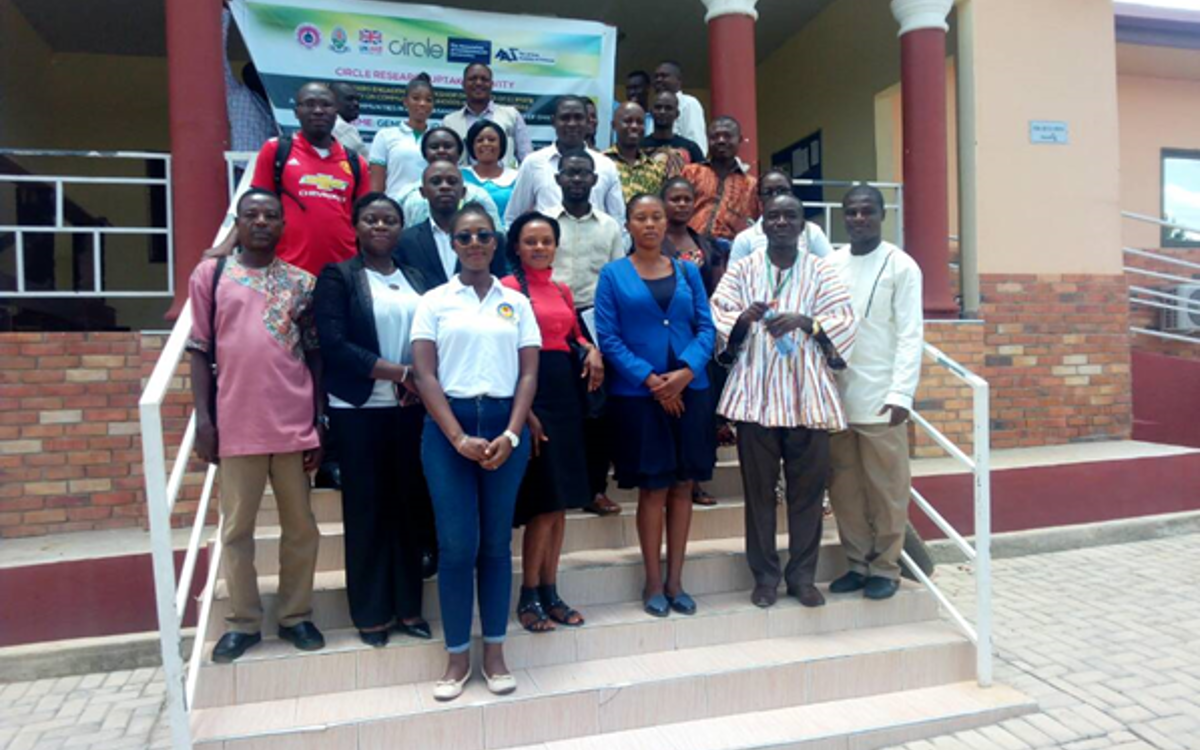
Towards a gender-responsive development agenda
Today, Mavis continues to advocate for gender inclusivity at multiple levels of governance, including by serving as policy advisor to the FCDO SAIRLA project and co-developing a policy brief on enhancing gender inclusiveness in the national Climate Smart Agriculture and Food Security Action Plan. Her work adds to a growing pool of insights into gender-differentiated climate impacts, a crucial step towards in crafting the right solutions for the right people.
Beyond the rural communities from her research, Mavis is also working to bring down barriers for other female researchers like herself. In her current role as senior research scientist at the Science and Technology Policy Research Institute (STEPRI) of the Council for Scientific and Industrial Research (CSIR) in Ghana, she is currently a Co-Investigator in a research project studying the systemic barriers for women in engineering careers and education. Largely mediated by cultural norms, these barriers are often deeply rooted - and social scientists like Mavis are playing a vital role to build robust evidence on the nature of systemic barriers and their consequences on participation of female and under-represented groups in engineering education and career. The study, which focuses on Ghana and Benin, contributes to bridging the gender gap in engineering in these countries through original research and policy recommendations.
Driven by a passion for equity and a vision for climate justice, Mavis continues to be a positive force for change. There may be a great deal left to do before truly gender-inclusive development can be realised, but Mavis is optimistic that her work will bring tangible benefits to vulnerable women.
“I want to influence the implementation and decision-making on climate change that would impact women and children in order to empower them,” Mavis says. “That is what drives my passion for research.” She envisions a future where she can raise her voice, and those of many others, on the global stage.
The CIRCLE Programme was funded by the UK Foreign, Commonwealth and Development Office (FCDO), led by the Association of Commonwealth Universities and delivered in partnership with the African Academy of Sciences (AAS), Vitae UK and the Natural Resources Institute (NRI) of the University of Greenwich.
The CIRCLE programme works to strengthen climate change research within sub-Saharan Africa through an innovative dual approach. The CIRCLE Visiting Fellowships Programme supported 97 outstanding African researchers to undertake research into local climate impacts, while the CIRCLE Institutional Strengthening Programme worked with 31 universities across 10 countries to improve institutional capacity to support and promote quality research.
